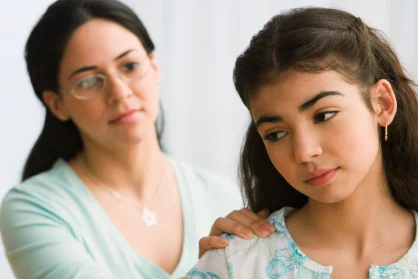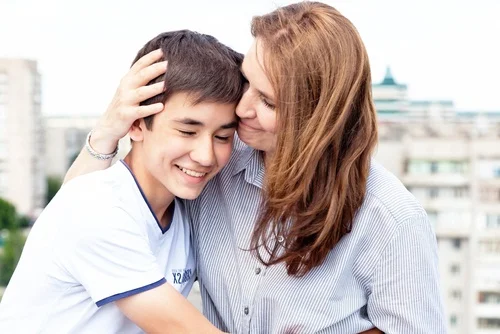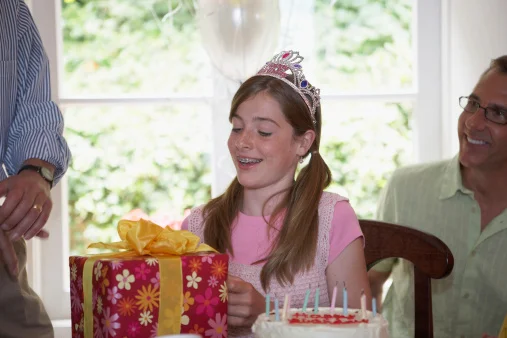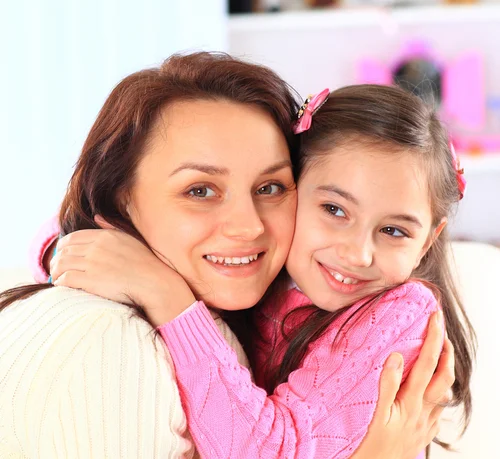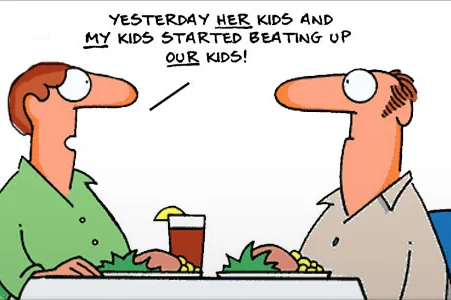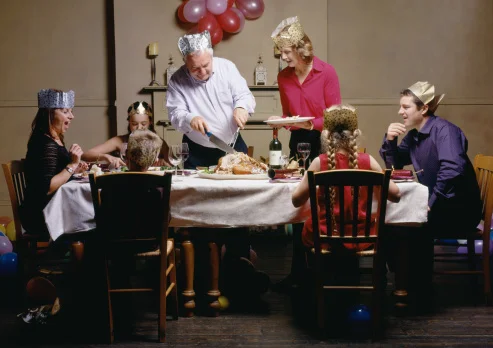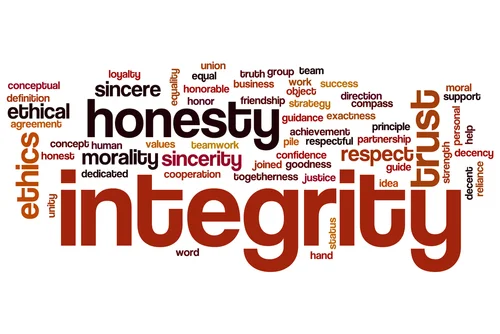+1 845 259 2974 (11 a.m to 7 p.m CST)
Single Parenting: Safeguard your teen’s future relationships

Our outlook on life can be significantly defined by our experiences. These events, changes or developments can have a much more powerful influence if they occur during childhood. Children of single parents can develop negative beliefs and attitudes about relationships. The divorce, separation or death of a parent can be too stressful for a teen. Single parents need to help their kids accept and adapt to the situation, enabling them to foster healthy relationships in future.
How can your teen’s relationships get affected?
The death of a parent or a family-breakup can make your teen adopt a pessimistic view of life in general. It could inculcate in them feelings of doubt and insecurity. The distrustful mindset thus developed could negatively interfere with their confidence in relationships. They might even have a hard time trusting their friends. They might be scared to invest in relationships for fear of disappointment and to prevent themselves from heart-break.
The teen might lose trust in the institution of marriage altogether. The divorce and the post-divorce conflict might cause aversion to the idea of marriage or a long-term commitment. They might never want to tie the knot whose untying once caused their family so much stress. They might prefer to tie flimsy threads instead. This could lead to frivolous love affairs or risky sexual behavior. It could deprive them from the contentment of a strong relationship based on trust and respect.
The transition, if it wasn’t made smoothly, could also lead to extreme all-or-nothing attitudes. Kids may later on adopt the habit of quitting relationships in case of a conflict. They might consider ending things as the easy way out. On the other hand, some might become totally submissive. Their low self esteem could make them accept disrespectful attitude from their partner.
How can you minimize damage?
Do not let teens suffer the consequences of something they’re not responsible for. Single parents raising children have the huge responsibility of treating teens cautiously and considerately through the transition. You should not let the episode take its toll on your kid’s future relationships.
Have age appropriate conversations with your kids. Explain to them the reason for the separation or the divorce. Let them know how strong relationships take work and time, and how they are built upon trust. Do not make the episode appear as a devastating event. Emphasize how it is natural for relationships not to work at times. Parting ways is not meant to create problems, but to solve them. Back up your words with actions.
Even if it’s hard for you to accept the death of your spouse or get over a painful break-up, try not to have a sullen countenance for a long time. The sooner you normalize things, the better it is for your teen.
In case of a divorce, try to model co-operative behavior with your spouse. If kids see you treating each other with respect, they might not think of the break-up as the end of their lives. Continuing to receive love from both the parents, and seeing them respect each other’s opinions would prevent the teen from post break-up trauma.
A smooth transition will prevent your teen from adopting a negative approach to future relationships. The teen would deduce the magnitude of the event from your reaction to it. In case of a break-up, it is essential to teach them about relationship-building for the future. Explain the parting of ways in a way that does not make them dread commitment or think of it as a substitute for working things out.


